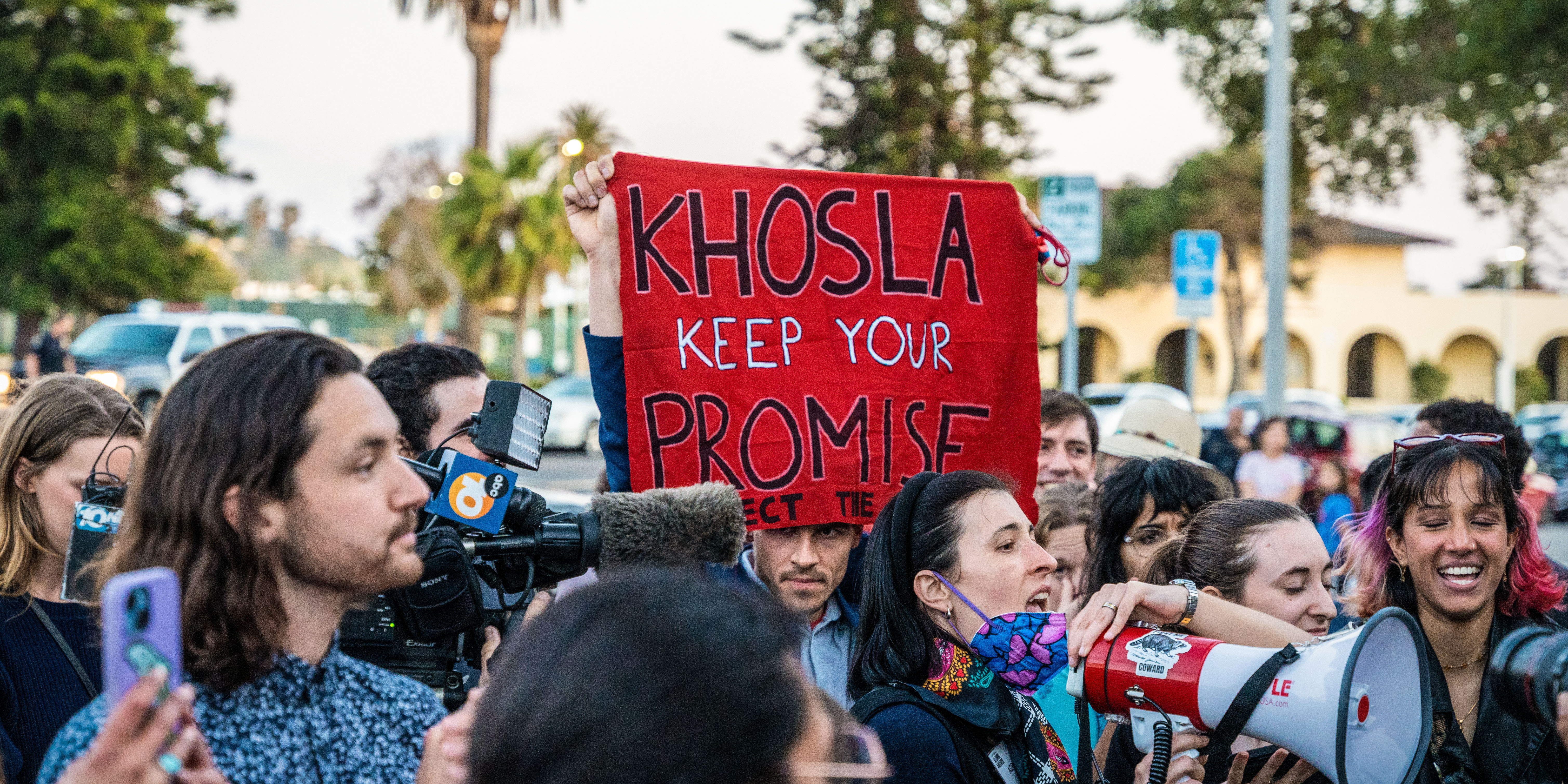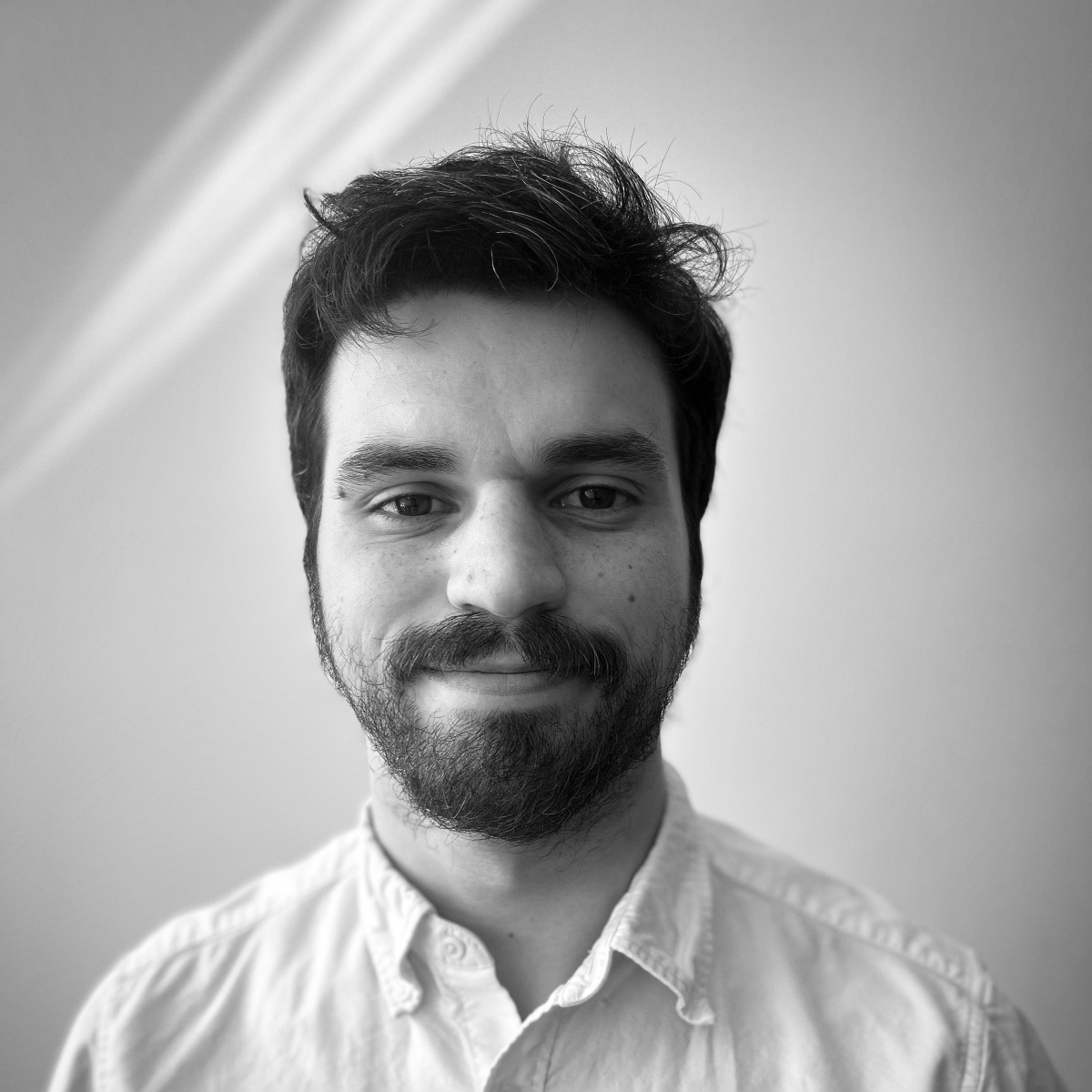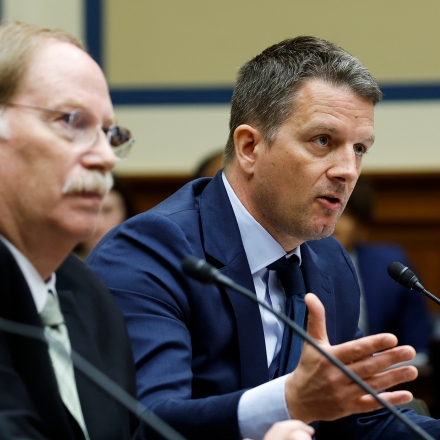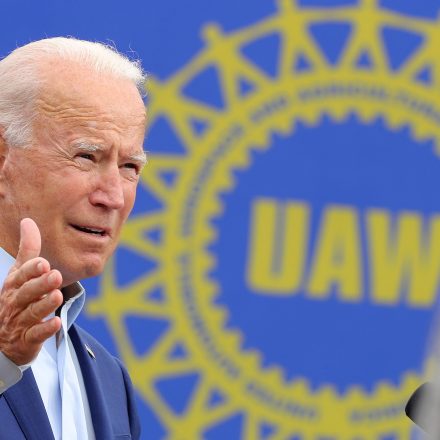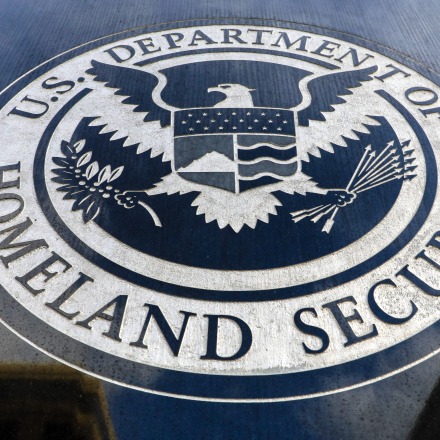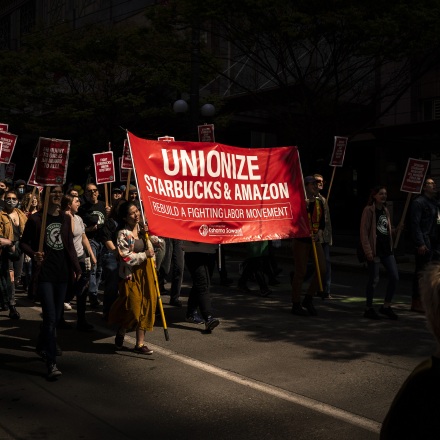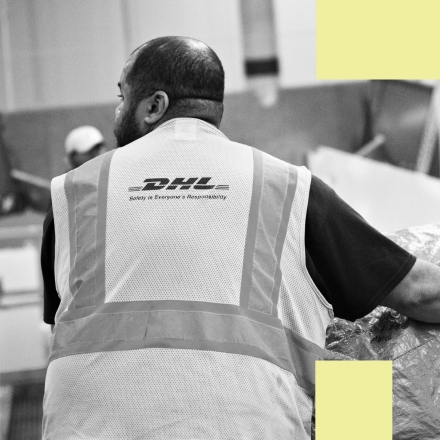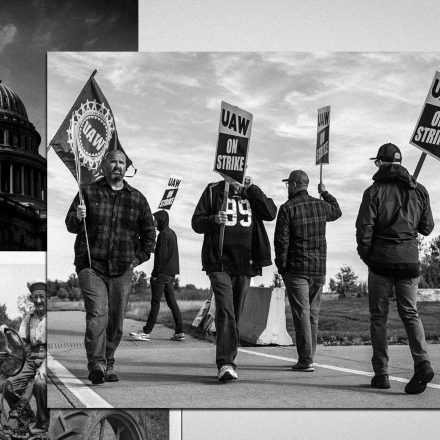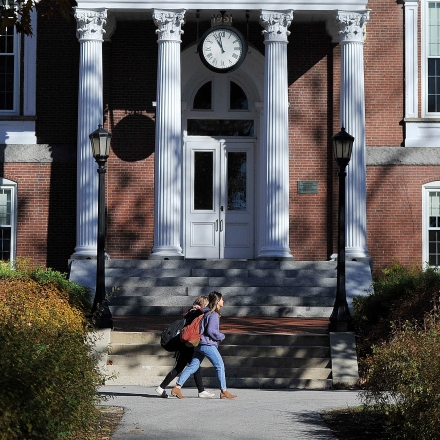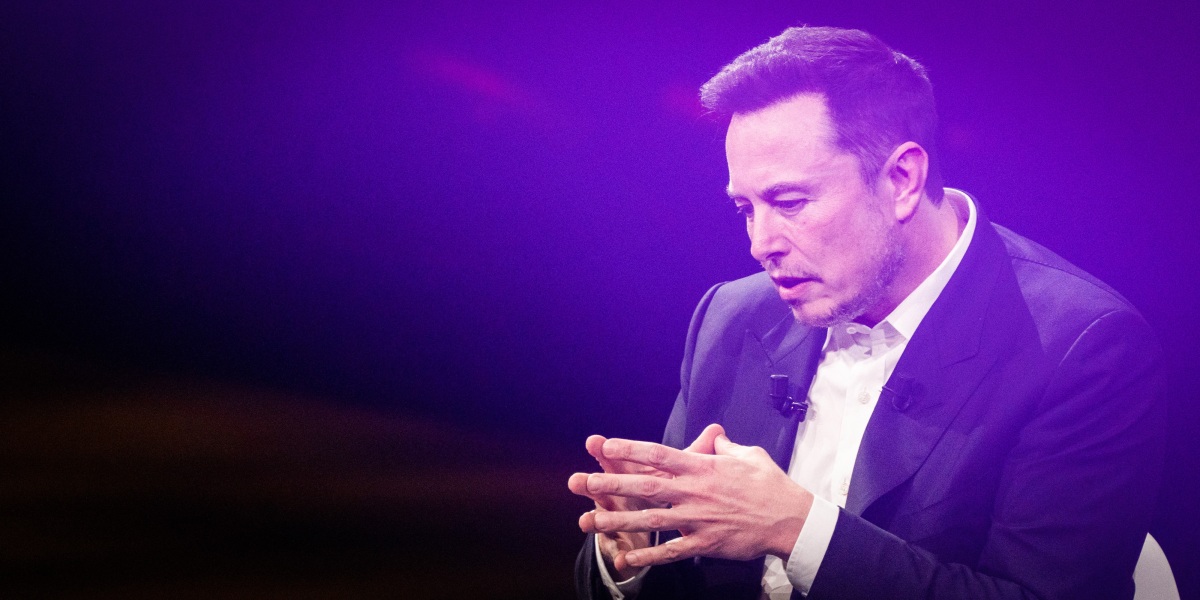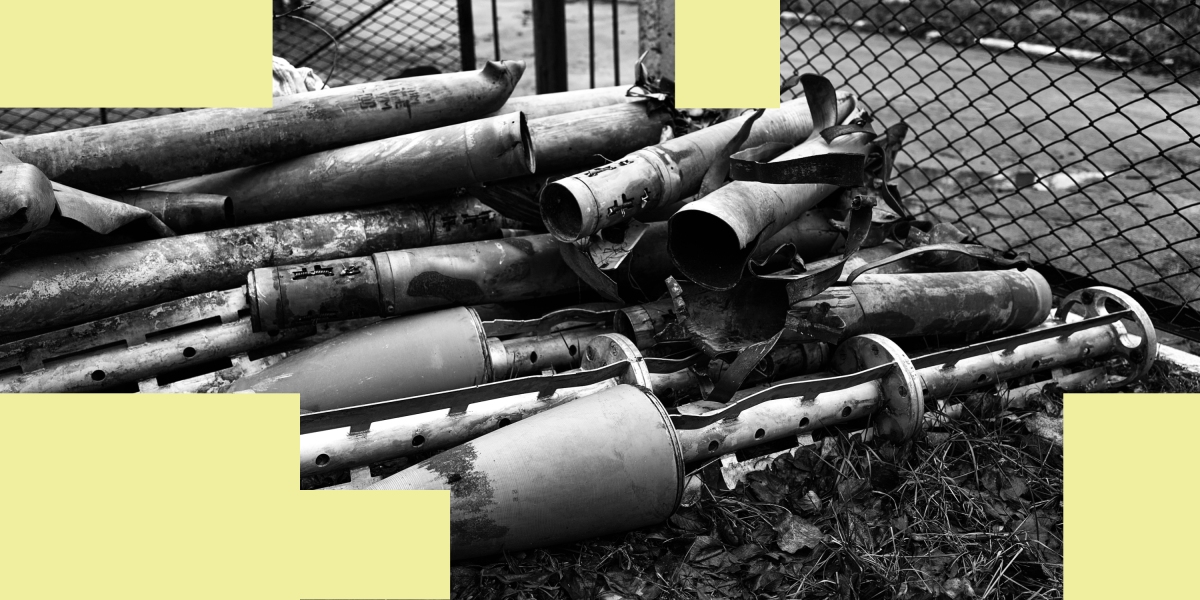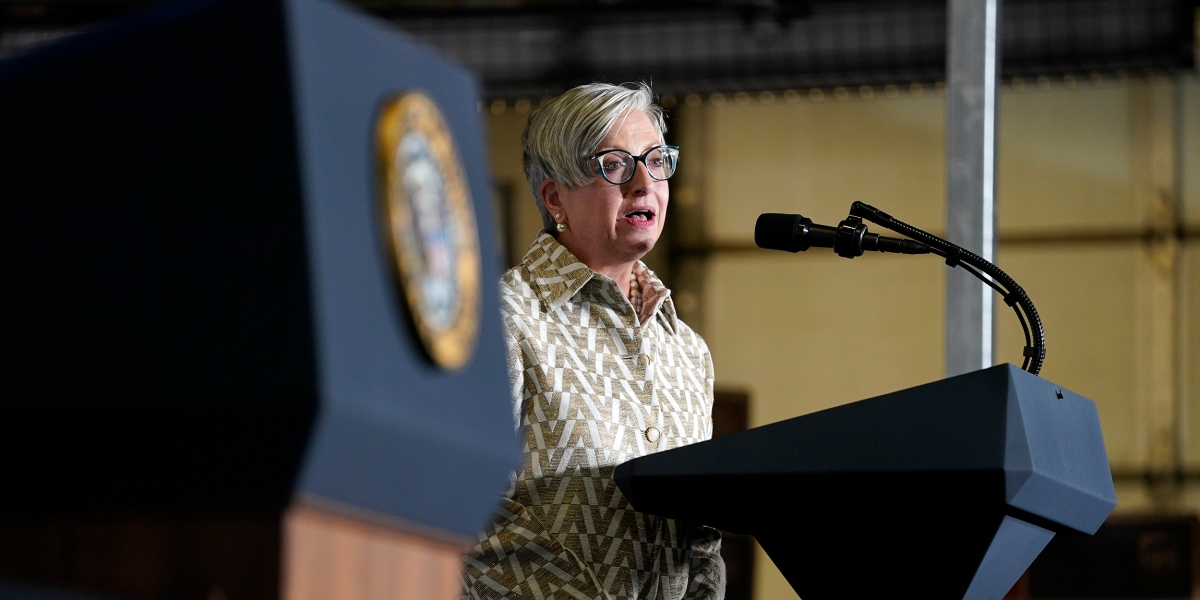On May 5, as Chancellor Pradeep Khosla began his opening remarks at the 44th University of California, San Diego Alumni Awards at the Museum of Contemporary Art San Diego, some 60 academic worker activists took the stage carrying a cardboard sign. They were there to present him with UC’s “Most Overpaid Worker” award; Khosla had received a $500,000 raise while, the union says, the university was simultaneously refusing to fully implement their recently ratified collective bargaining agreement.
Khosla quickly left the stage amid chants of “Pradeep, Pradeep, the rent is too steep!” When the police arrived, the graduate students had relocated outdoors to the sidewalk where, separated by a glass wall, they continued chanting their demands: “What do we want? Our promised wages. When do we want them? Now!”
While the action ended peacefully, just over a month later, the university charged 59 graduate student workers from the event’s registration list with “physical assault,” “physical abuse and threats to health and safety,” and “disruption of university activities.” Almost half of the people accused deny even being in attendance.
The university claims workers “bumped” Khosla and stole the microphone. The union disputes the allegations and points to a livestream of the action by a member, which, though blurry, does not show evidence of either charge. The students now face disciplinary hearings for the union action, which could result in probation or even expulsion from the university.
It was the latest provocation by the university in what workers say is an escalating retaliation campaign against them since ratifying a collective bargaining agreement late last year. The university has now brought multiple sets of misconduct charges against students and workers following three separate union-led protests.
Michael Duff, a law professor at St. Louis University, said the repeated charges speak to a pattern. “You can’t see this in isolation. There’s been a pattern of retaliation against the members involved,” he said, noting that “the nature of this case seems overly aggressive.”
Nearly 50,000 academic workers across the University of California system went on strike for six weeks last winter, the largest higher education strike in U.S. history. They won substantial wage increases, unprecedented new protections against workplace bullying, and immigrant worker protections.
But since ratifying their collective bargaining agreement last December, workers at UC San Diego say the university has not implemented aspects of their contract like establishing an office to process complaints of workplace misconduct or hiring workers at 50 percent of full-time employment, which is the standard appointment for graduate student researchers. Workers also say there have been dramatic reductions in teaching assistant appointments in certain departments and that two dozen students received unsatisfactory grades for participating in the strike.
“We signed a legally binding contract, and instead of implementing it, they’re trying to punish us.”
“We signed a legally binding contract, and instead of implementing it, they’re trying to punish us,” Udayan Tandon, who was recently elected as a unit chair of United Auto Workers Local 2865, told The Intercept.
Most recently, two UC San Diego graduate student workers and one post-doc were arrested by university police at their homes for writing pro-union slogans on the sidewalk during an action a month prior. Charged with conspiracy and vandalism, some union members believe the arrests are an extension of the pushback student workers have been facing on campus.
“Under the First Amendment, speech restrictions which are based on the content of the speech face strict scrutiny in the courts,” said Will Bloom, a labor lawyer who deals with First Amendment cases. It is “a standard that virtually no restrictions can survive,” he said. “It’s hard to imagine the university pursuing felony charges for kids chalking a hopscotch court on the sidewalk outside of the marine center.”
In a public statement on the arrests, university officials said, “UC San Diego supports its community members rights to voice their concerns lawfully. UC San Diego does not tolerate vandalism or other damage to university property.” While the union says it used “washable chalk,” the university claims the students used “materials other than chalk,” costing over $12,000 to repair.
The workers’ arraignment, scheduled for Monday, was delayed because the university has not submitted the cases for review with the district attorney’s office, which they have up to three years to do. As a result, no charges have been filed by the DA at this time. UAW locals 2865 and 5810 rallied outside the San Diego Court House prior to the scheduled hearing to demand the university drop the charges.
“Employers have certain rights to protect property, but the timing seems off to me,” said Duff. “I find it interesting they were immediately taken to jail” despite having left and gone home for a month prior to their arrests. “Normally there would be some legal process before [an arrest] would happen [at a separate location]. That strikes me as odd.”
After being held in custody for over 12 hours, Jessica Ng said she felt dehumanized. “You lose your autonomy,” said Ng, who is a postdoctoral scholar at Scripps Institution of Oceanography. “Chained to a chair, you have to ask for permission just to use the restroom or to drink water. I sat there for hours, deprived of sleep, not knowing what was going to happen.”
Ng said she doesn’t regret the union organizing she’s done and that “it’s on the university, which hasn’t been honoring our contracts. Instead of seeing our protests as a sign that they need to honor the contract, they’ve been trying to crack down on union activity.”
“It’s been a bit shocking to see just how far the university is willing to go,” fourth-year chemistry Ph.D. student Conor O’Herin told The Intercept. “We went on strike for six weeks, collectively bargained a fair contract, and now they’re refusing to abide by what they agreed to.”
According to workers, the university is pointing to financial strain to justify austerity measures, but Khosla’s half-million dollar raise — totaling nearly twice as much as the next highest paid UC president — says otherwise. The university, led by Khosla, also announced $1.1 billion plans for a new student center and campus housing.
“We are an essential component, and the university acts like it doesn’t have money to pay us while it expands its real estate empire.”
“We are an essential component,” said Daniel Primosch, a third-year Ph.D. student in physics, “and the university acts like it doesn’t have money to pay us while it expands its real estate empire.”
Soon after the contract ratification, workers began hearing about reductions in teaching assistant positions and incoming Ph.D.s from department heads. Last year, Adu Vengal said, the university admitted 44 doctoral candidates to the math department; this year, there were 10. And while historically, masters students would be given teaching assistant positions, the university changed that practice as well, only hiring doctoral students in the spring quarter. “A lot of masters students went on strike to get living wages,” explained Vengal, who is a third-year math Ph.D. student and recording secretary for United Auto Workers Local 2865. “Now they aren’t getting any wages.”
Instead, Vengal said, they began hiring more undergraduate tutors to do the work, which the union filed a grievance for. And then, “in May, the math department announced a restructure that would halve the number of [teaching assistants] per 100 students. After we grieved it, they said they would stop,” Vengal said, “but that’s exactly what this restructuring plan does.” The grievance has not yet been resolved.
These significant reductions in teaching assistant appointments come at the same time that the university has seen a major uptick in the undergraduate population, with an increase of 15,000 enrolled since Khosla took over.
Another major concern for graduate student workers is the university’s continued refusal to hire them at 50 percent of full-time. Their contract stipulates they be paid commensurate with their workloads of 20 hours per week, but in several departments at UC San Diego, workers are getting hired at arbitrary rates of 38 percent or 42 percent. Workers say this used to be common practice prior to the union, but now that it’s in the contract, it’s legally unacceptable.
“They try to justify it by claiming we work less than 20 hours a week,” said Ahmed Akhtar, a sixth-year Ph.D. student in physics. “In reality, we work more than full-time, and they won’t even pay us for half that. The result is the accumulated theft of millions of dollars.” Workers say this is most common in STEM departments.

Photos: Courtesy of UAW 2865
On the eve of the strike, hundreds of workers received emails from professors warning them they would still need to attend “academic training” activities, which workers say would constitute crossing the picket line.
Two dozen workers across three departments were given unsatisfactory, or “U,” grades for allegedly neglecting their schoolwork while participating in the strike, which could affect their current and future employment. The university has defended this practice against accusations of union busting by saying the “U” grade was assigned to them as students, not workers. Workers say the university’s manipulation of their dual-status is an effort to circumvent bargained rights and protections — and also pointed out that the class in which they received the “U” grade is a placeholder course to represent their research and that it does not have a syllabus, exams, or written classroom expectations.
On January 26, two overlapping groups of union activists, who say they were unable to successfully reach the professors who had given students “U” grades, “marched on the boss.” First, they approached chemistry professor Jeremy Klosterman, who workers said would not speak to them without conferring with university officials but did agree to a meeting in his office at a future date. Workers say when they arrived at his office for the meeting, a sticky note on the door said he was unavailable.
Then, graduate student workers went to speak with Primosch’s adviser, physics professor Massimiliano Di Ventra, who had recently been the subject of a letter from his former employees to the department asking that he be held accountable for an “abusive” and “punitive” advising style. Di Ventra described the comments in an email to The Intercept as “very hurtful” and “an attempt to maliciously harm my reputation.”
Akhtar said after Di Ventra refused to speak with them outside, students followed him and fellow physics professor Ivan Schuller into class, where they canceled the lecture and called the police. “We were entirely peaceful, but persistent in wanting to address the retaliation,” Akhtar said.
In an email to The Intercept, Di Ventra clarified it was his colleague who called the police because a “mob of around 30 students blocked me in my office for several minutes, yelling and pounding at my door, trying to open it.”
A few weeks later, the university sent misconduct charges to eight of the involved union activists, alleging disruption of university activities, physical abuse and threats to health and safety, and failure to comply and obstruction. The university eventually dropped the latter two, prosecuting the workers on the sole charge of disruption of university activities.
In the official UC San Diego student conduct review report that was produced as part of the trial, the responding police officer said he “did not interpret the crowd to be unruly, violent, or a threat to the campus community.” Despite Di Ventra telling the officer that he was “scared of what the students might do to him,” the report determined that there was no threat to physical health and safety.
On June 29, the accused workers, who Akhtar noted are all leaders in the union, were put on one-year probation, which bars them from participating in future “disruptive” protests under the threat of suspension or expulsion from their program.
O’Herin, who was one of the workers put on probation, said the disciplinary action can not only jeopardize the students’ enrollment, but also impact their decision to engage in union activity in the future. He added about the process, “It’s completely controlled by UC with no oversight from an outside body.”
The jury, which consists of students and staff members, is overseen by a chair chosen by the university. “There is a veneer of neutrality, but the facilitator was clearly biased against the union. He went on a rant about how [union activists] need to take responsibility for their actions, which were inherently disruptive union tactics. This is the university intimidating us through a process which they have total control over.”
With the nearly 60 new misconduct trials just beginning, and now three separate legal cases, the two sides seem far from any resolution thought to be settled with a contract. Workers say they will continue to apply pressure on the university until they see the agreement honored.
Tandon, the unit chair — who has not yet had the administrative resolution meeting for his role in the alumni action, which is the first step in the student misconduct trial process — acknowledges organizing is not without risk. He is on a worker visa from India, which puts him in a precarious position as his visa is tied to his employment and education. But he says he’ll continue to fight alongside his co-workers, “not only because peaceful protest is protected by worker rights, but more importantly because I know 48,000 union members are standing right behind me. I’m confident knowing that.”
Correction: July 11, 2023, 1:10 p.m. ET
The article originally said three graduate student workers were arrested recently. In fact, one was a post-doc. The story has been updated.
